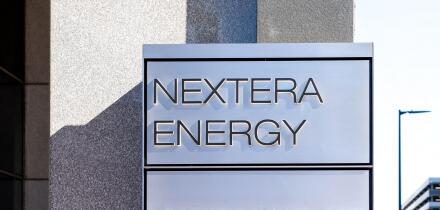It’s a good job that the SEC is line for a bigger budget from October. It will need this just to go through the complaints it receives if it carries on proposing ideas like the Derivative Rules for Registered Funds and Business Development Companies.
The tide of dissent has been no flash of mob outrage either, but a painstaking and detailed deconstruction of the SEC's plans and their objectives that make a compelling case for thorough revision. Similarly, token generic warnings about the dangers of modern finance from the rule's few friends might give the SEC reason to wonder why its proposal has attracted support from some of the least informed market participants.
The rules as they stand would have the counterproductive effect of heightening capital market risks by limiting portfolio diversification and making it harder for investors to manage their exposures. It is time for the SEC to show that it values consultation, is susceptible to rational argument and recognises that derivatives aren’t traded independently but in concert with cash assets, allowing users to transfer unwanted risks and manage capital.
The SEC sits on an arsenal of information that will allow it to fashion an approach which is not too broadly prescriptive, that recognises the nuances of how derivatives work and the different functions they serve.
In short it can do better than rules that aren’t needed, with arbitrary limits, in order to protect people who don’t need (and don’t want) to be protected.






